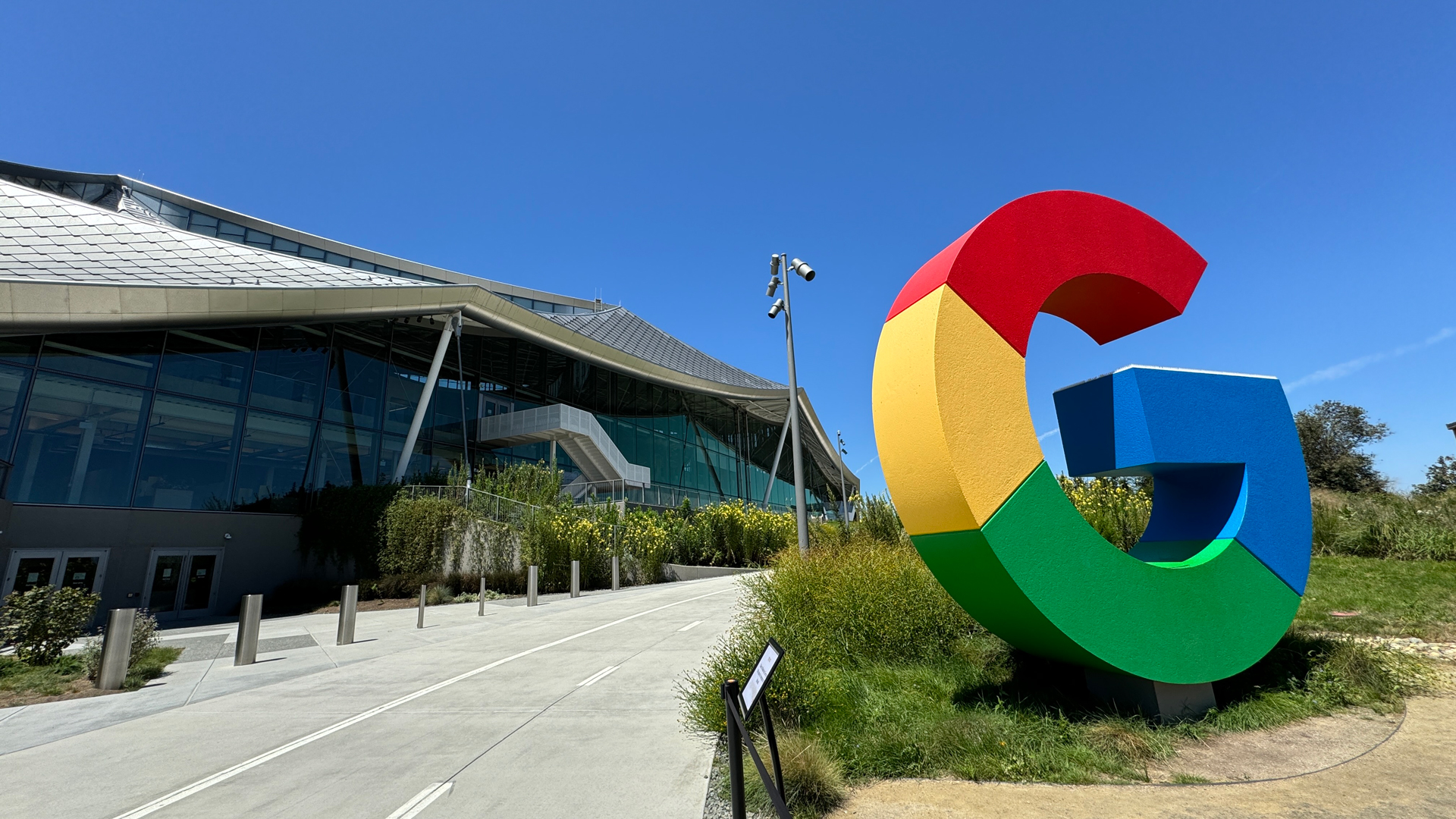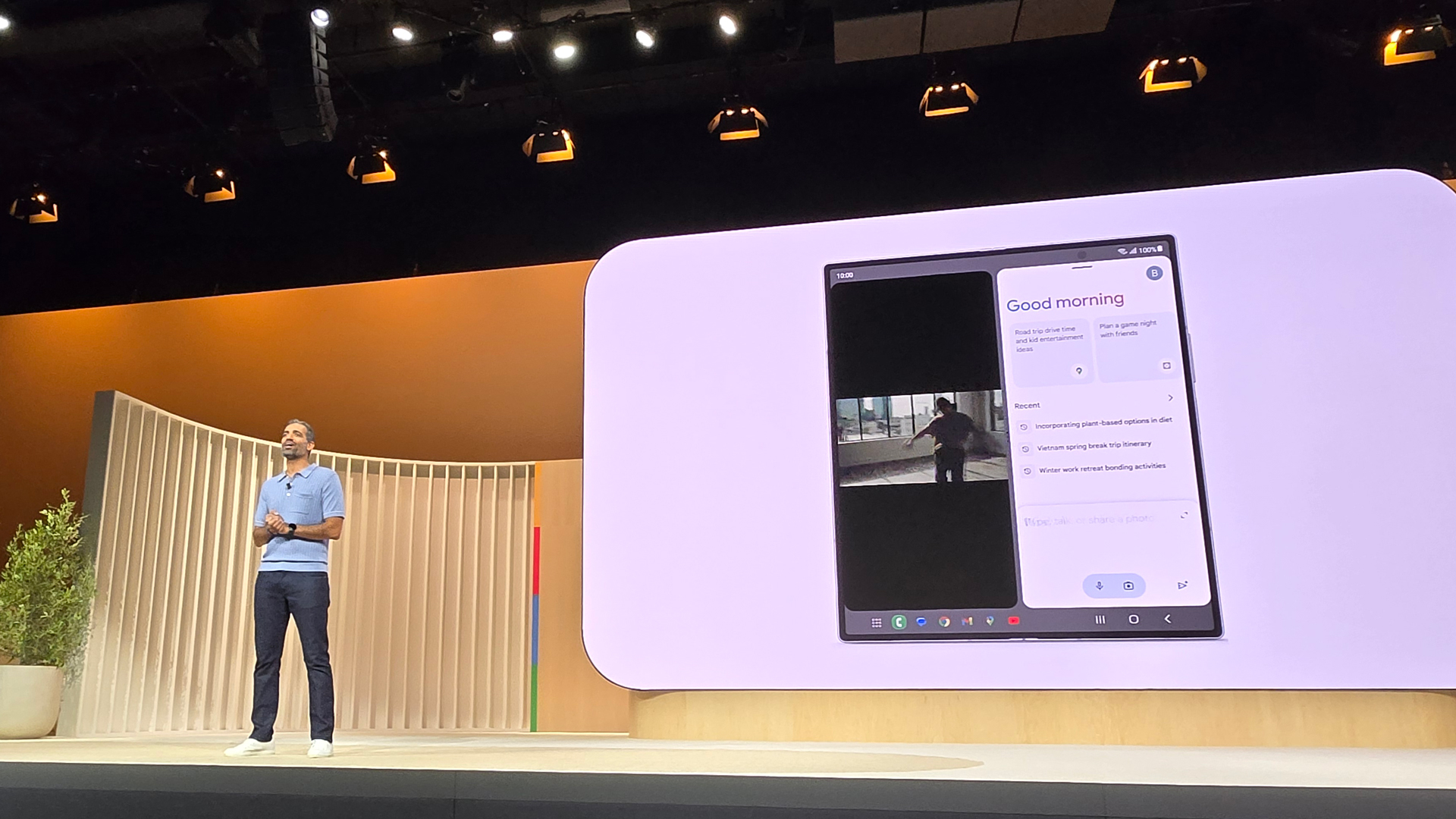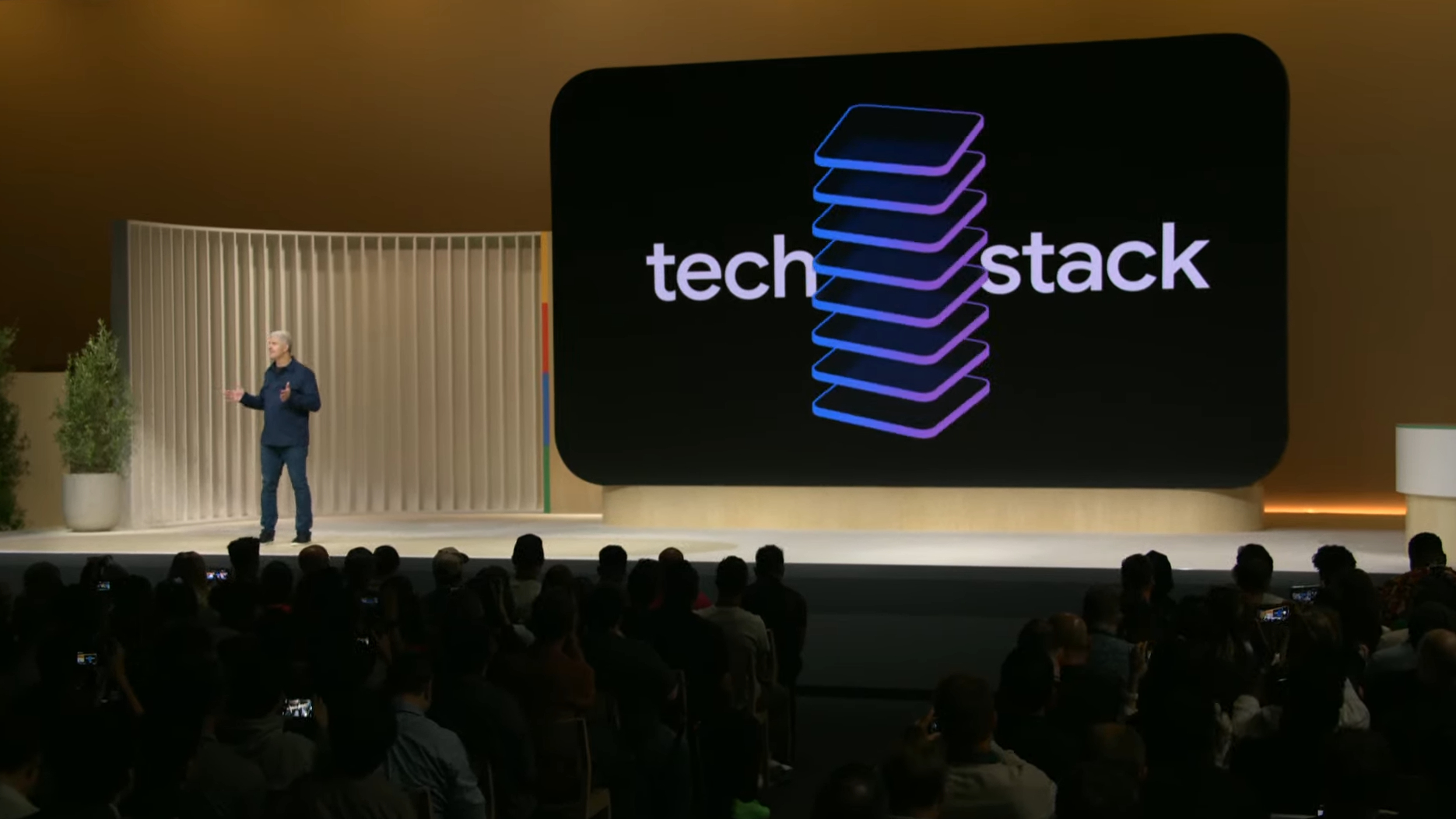Google took a very un-Apple-like approach to its Pixel launch, but then it was always gonna be about Gemini
Pixel hardware in the backseat

Sign up for breaking news, reviews, opinion, top tech deals, and more.
You are now subscribed
Your newsletter sign-up was successful
If you need a reminder that Google is not Apple, just take a look at how the search giant conducted its Made By Google Pixel product fest rollout on August 13. Instead of regaling us with four new Pixel phones, two new Pixel Watches, and a new Pixel Buds Pro 2, Google spent the first 30 minutes talking almost exclusively about Gemini.
If you've been paying attention, this should come as no surprise. Google filled the Paris Olympic airwaves with quick video ads showing Olympic athletes using Gemini (along with one ill-fated ad about a dad perhaps overusing it), and Gemini-assisted AI Overview answers now appear atop 70% (at least) of my Google search queries. For Google, there is no more important technology, and Google used its biggest product event of the year to demonstrate and tout it.
It's not just the focus on Gemini but how Google did it. Imagine Apple showing off Apple Intelligence, Siri, or some other core technology on someone else's hardware. I know, a ludicrous idea. However, Google really leaned into how Gemini runs on multiple Android phones, including the Samsung Galaxy Z Fold 6, Motorola Razr, and the Samsung Galaxy S24.
Again, Google went much further than a mere mention. It demonstrated core capabilities like using Gemini to analyze a photo and, through prompts, take action, in this case, reading the text off of a concert poster and then asking Gemini a detailed question about the show date and how it works with their calendar.
The demo failed twice, but Google doggedly persisted with yet another Samsung phone until they finally got it to work. Undaunted, Google also demonstrated the Gemini writing assistant on the S24.
Friends of Google

Why would Google spend so much time demonstrating these powerful Gemini capabilities on another company's phone? Because Gemini is an AI ambassador for countless Android phones around the world. Unlike Apple, which only has to think about its vertically controlled ecosystem, Google thinks in at least two dimensions. It has its own growing stack of software, silicon, and hardware, and then it has the circle of Android phones that are adopting a sometimes slightly more limited set of Gemini capabilities.
Google essentially used the first part of the Made By Google event as a signal or beacon for Android partners and Android phone owners so they know the word of Google Gemini is open and ready to live on many of their phones.
Sign up for breaking news, reviews, opinion, top tech deals, and more.
However, when Google finally started talking about its new hardware, it didn't feel underplayed. Sure, aside from the Tensor G4 chip, Google spent precious little time on detailed specs for the Google Pixel 9, Pixel 9 Pro, and Pixel 9 Pro XL. The fully reimagined Pixel 9 Pro Fold got a more detailed look, but these devices feel more like vessels for a Gemini soul.
To be fair, many of these Gemini capabilities are exciting and even inspiring. Add Me is the biggest thing that has happened to group photography since the selfie stick. Gramps and Aunt Betty will never be left out again. Cousin Jeff is another matter.
Gemini is exciting enough

The Screenshots app is one of the smarter uses of generative AI in that it applies a truly useful solution to a very relatable problem. Good luck finding someone who doesn't take screenshots to remember or organize. An app to do that leg work for you is brilliant.
Google's overriding theme for Gemini Nano (the flavor of Gemini that lives on Pixel Phones) is less flash and weirdness and more usefulness. I see Call Notes in much the same way. Remembering conversations and keeping track of phone interviews is hard. Call Notes could make it child play, with the significant caveat that everyone has to be comfortable with call recording (and yes, everyone does get notified).
If there is a downside to Google's inverted approach, it's that without Gemini, the new crop of hardware (maybe except the Pixel 9 Pro Fold) might seem underwhelming.
Google didn't push the boundaries of photographic excellence with new, huge lenses and more megapixels than you can shake a stick at (most of the best new bits are all thanks to Gemini and an improved image pipeline. The Tensor G4 chip sounds like it might be powerful, but Google made no direct comparisons to either the Qualcomm Snapdragon 8 Gen 3 or Apple's A17 Pro, and one has to wonder if, once again, there'll be a performance gap.
Google's done much to elevate the design of all its phones, so much so that the Pixel 9, 9 Pro, and 9 Pro XL look quite a bit like an iPhone, except for that massive camera band. I'm still not a fan, but I appreciate Google's Commitment to this design element.
To recap: Made By Google was, perhaps, never referring to all the hardware unveiled on Tuesday on Mountain View and is, instead, all about a Gemini, powerful Generative AI software platform that is slowly but surely eating Google alive.
You might also like

A 38-year industry veteran and award-winning journalist, Lance has covered technology since PCs were the size of suitcases and “on line” meant “waiting.” He’s a former Lifewire Editor-in-Chief, Mashable Editor-in-Chief, and, before that, Editor in Chief of PCMag.com and Senior Vice President of Content for Ziff Davis, Inc. He also wrote a popular, weekly tech column for Medium called The Upgrade.
Lance Ulanoff makes frequent appearances on national, international, and local news programs including Live with Kelly and Mark, the Today Show, Good Morning America, CNBC, CNN, and the BBC.